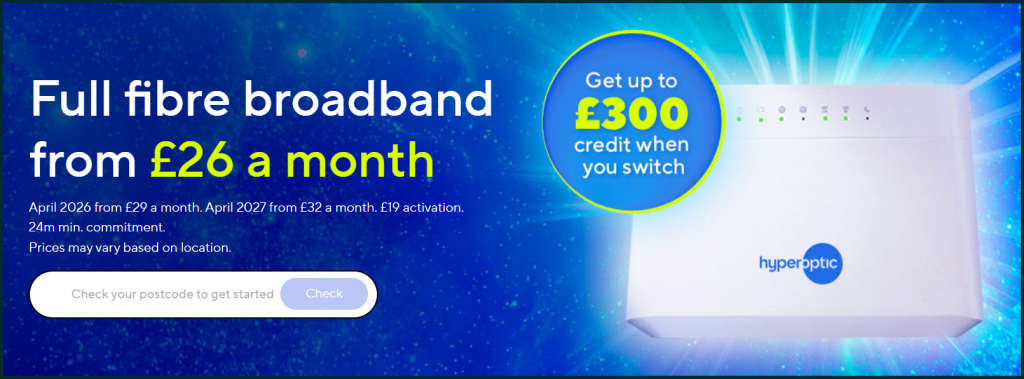The search bar, once the undisputed gateway to the internet, is undergoing a profound transformation. What began with keyword-based queries and a list of blue links is rapidly evolving into a new paradigm: agentic search. This isn’t just about getting a summarized answer at the top of a results page; it’s about a fundamental shift in how we interact with information and complete tasks online. In two years, by 2027, the impact of agentic search will be felt deeply by consumers, reshaping everything from how we shop to how we plan our lives.
From Search Engine to Personal Assistant
The core of agentic search lies in its “agentic” nature—the ability of an AI to act as an autonomous assistant. Instead of simply providing information, these systems can reason, plan, and execute multi-step tasks. A user’s complex query, like “find me a hotel near the beach with airport transportation and that’s within walking distance of vegetarian restaurants,” will no longer result in a list of links to sift through. By 2027, an agentic search system will be able to deconstruct that query, run multiple subqueries simultaneously, and then synthesize the best results into a single, comprehensive response. This system will not only search but also understand user intent, leverage conversational context, and even correct spelling mistakes to deliver a truly personalized and efficient experience.
This shift will make the traditional “search, click, and re-research” process a thing of the past for many users. We will move from being information gatherers to task delegators. The AI will handle the tedious work of comparison and analysis, presenting us with curated options or even completing actions on our behalf, such as booking a reservation or placing an order.
A New Era of Consumer Empowerment and Choice
For consumers, this new era of agentic search brings a host of benefits. The most significant is the ability to handle complex, multi-step tasks with minimal effort. Imagine needing to book a full itinerary—flights, hotel, and activities—for a vacation. An agentic AI could take your preferences, search across various platforms, compare prices and reviews, and then present a single, optimized itinerary, ready for your approval. This level of convenience will not only save time but also enable consumers to make more informed decisions by processing a volume of data that would be impossible for a human to manage.
This transformation will also change how we discover and engage with brands. With AI acting as an intermediary, presenting curated options rather than a list of links, a brand’s discoverability will depend on its ability to be routinely recommended by these AI agents. This “post-website era,” as some are calling it, will see less human traffic on traditional websites. The clicks that do happen, however, will be more intentional and better qualified. Consumers will arrive at a brand’s site with a clear purpose, often already having been vetted by their AI assistant.
The Double-Edged Sword of Convenience
While the future of agentic search promises unparalleled convenience, it’s not without its challenges. The shift towards a single, synthesized answer from an AI raises questions about transparency and bias. Who decides which information is prioritized? How can a consumer trust that the single answer provided by their AI is the most accurate or unbiased, especially when it comes to purchasing decisions?
This could lead to a “totalitarianism of search,” where a few powerful algorithms control the flow of information. The economic model of the open web, which has long relied on clicks and ad revenue, will be tested. For businesses, adapting means focusing on more than just keywords. They must prioritize high-quality, authoritative content that an AI can easily parse and trust, while also building brand affinity and loyalty that will resonate with consumers even when an AI presents them with options.
In two years, agentic search will be a mainstream reality. The distinction between a search engine and a personal AI assistant will blur. Consumers will embrace this technology for its ability to reduce friction and simplify complex tasks. However, with this power comes a new responsibility: understanding the mechanisms behind the answers we are given and retaining a critical eye in an age of automated information. The search for a better experience is over; the new journey is about learning to navigate the digital agent that is searching for us

